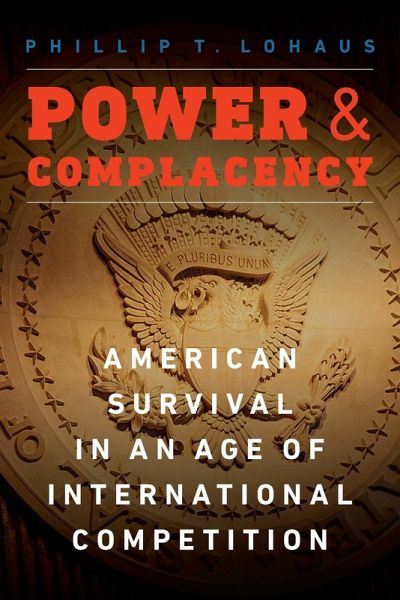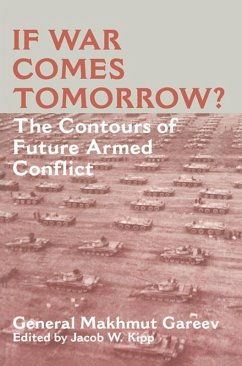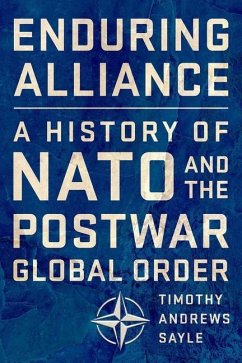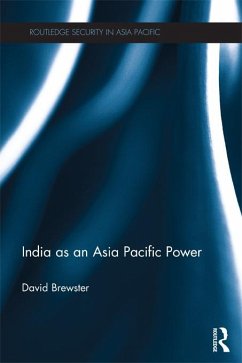
Power and Complacency (eBook, PDF)
American Survival in an Age of International Competition
Versandkostenfrei!
Sofort per Download lieferbar
27,95 €
inkl. MwSt.
Weitere Ausgaben:

PAYBACK Punkte
14 °P sammeln!
The United States is at a crossroads. Despite a defense budget that dwarfs that of any of the nation''s rivals, the marginal return on this investment has decreased dramatically since the end of World War II. Why? Why have America''s rivals, despite inferior resources, increasingly set the terms of international competition? How might America''s leaders reconsider the application of power to ensure a favorable place on an increasingly crowded global stage? By tracing the geographic and historical development of four global actors - Russia, Iran, China, and the United States - Phillip T. Lohaus...
The United States is at a crossroads. Despite a defense budget that dwarfs that of any of the nation''s rivals, the marginal return on this investment has decreased dramatically since the end of World War II. Why? Why have America''s rivals, despite inferior resources, increasingly set the terms of international competition? How might America''s leaders reconsider the application of power to ensure a favorable place on an increasingly crowded global stage? By tracing the geographic and historical development of four global actors - Russia, Iran, China, and the United States - Phillip T. Lohaus illuminates four equally distinct approaches to competition outside of warfare. He argues that while America''s actions may have birthed information as a currency of power, the nation''s failure to fully grasp the implications of this transition has created critical opportunities for its rivals to increase their power at the expense of the United States. The American way of competition, rooted in a scientific understanding of warfare, may impede effectiveness in the amorphous and unscientific landscape of twenty-first-century competition. From Rome to Britain, complacency has contributed to the downfall of many empires. Yet the slow bleed of American power may still be stanched by an approach to competition that emphasizes subtlety, diffusion, and ubiquity. America has developed and used these tools in the past - its very survival may hinge on returning to them. Power and Complacency defines the differing perspectives of America''s international conflicts and offers possible solutions for reformulating its superpower strengths.
Dieser Download kann aus rechtlichen Gründen nur mit Rechnungsadresse in A, B, BG, CY, CZ, D, DK, EW, E, FIN, F, GR, HR, H, IRL, I, LT, L, LR, M, NL, PL, P, R, S, SLO, SK ausgeliefert werden.













